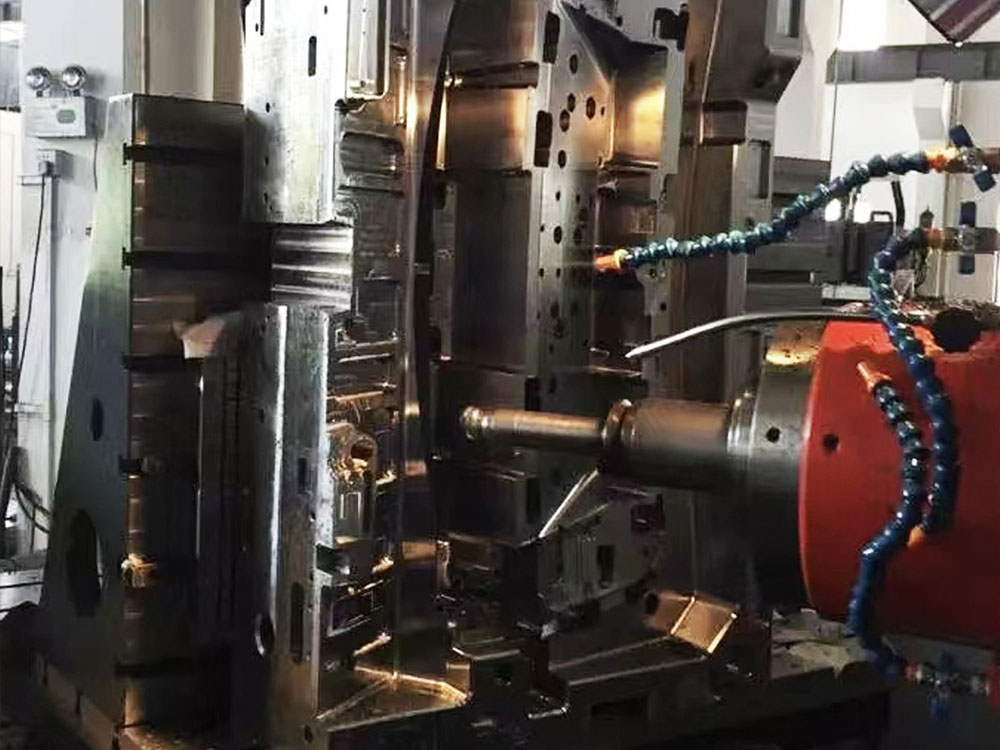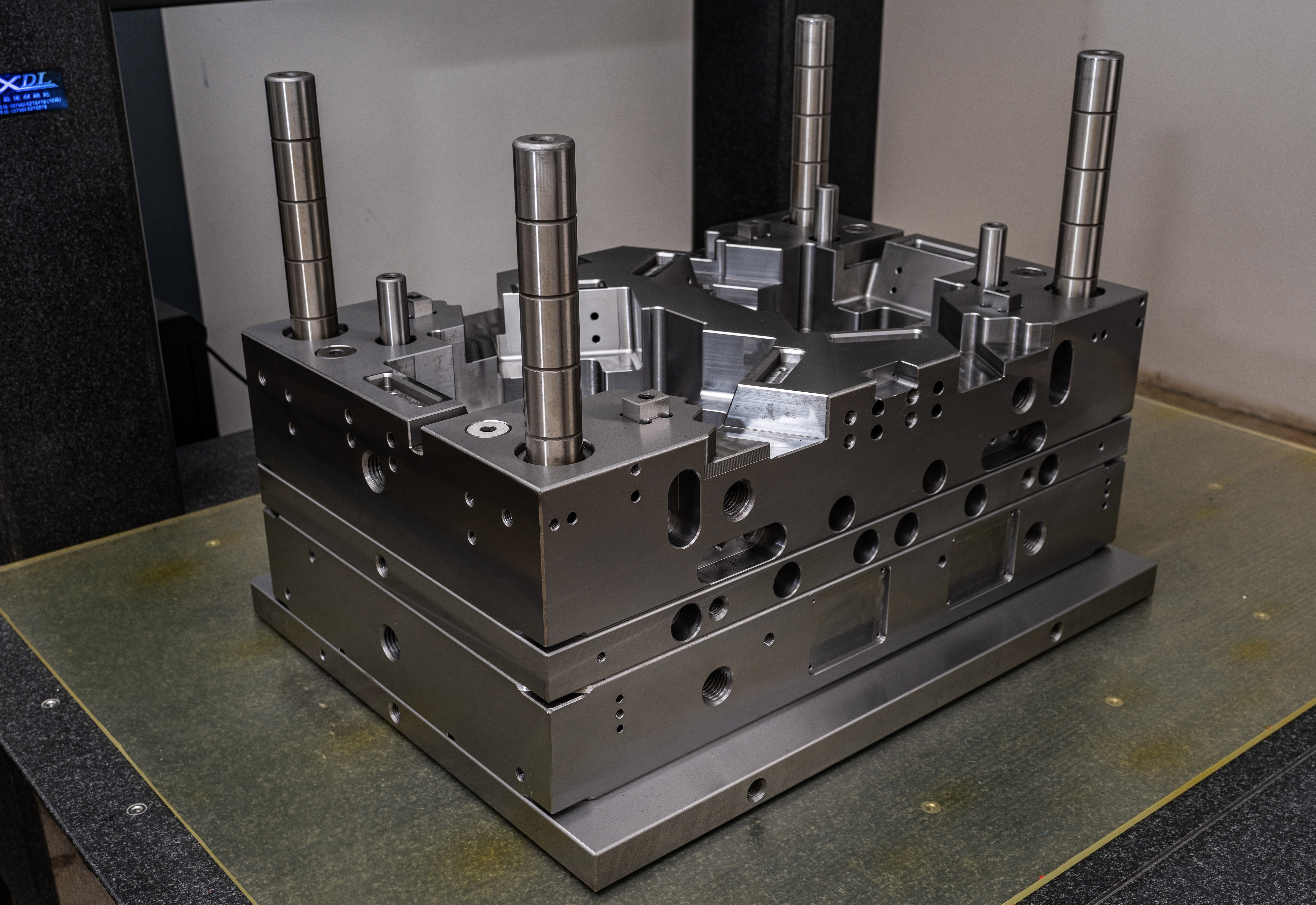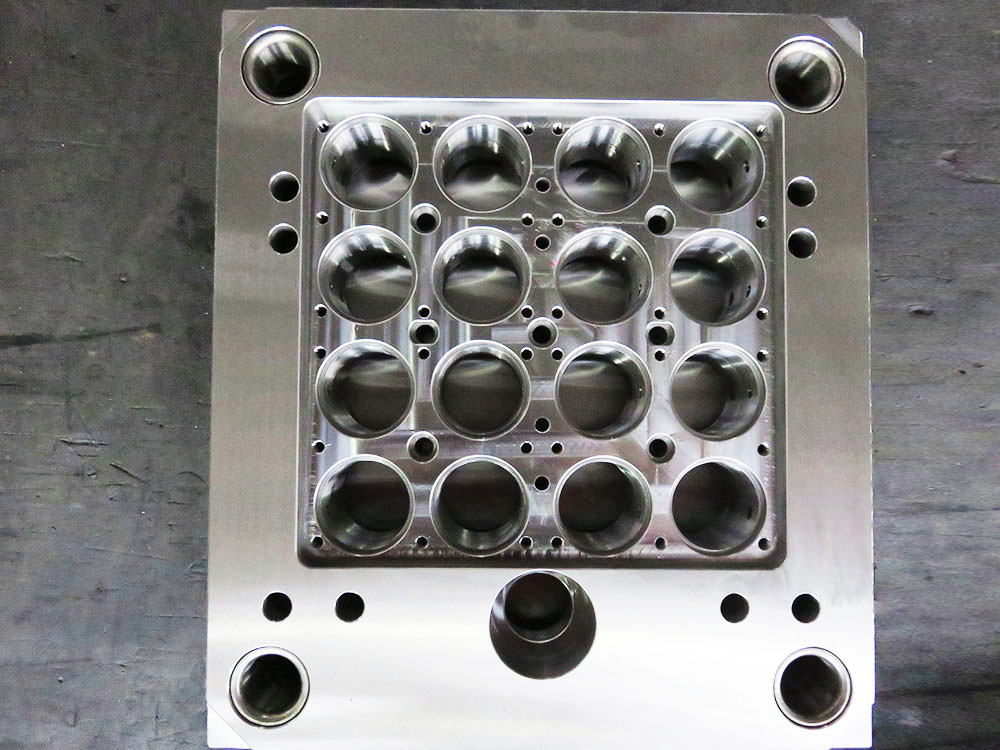Management Approach at the Model Construction Factory
In the mold base industry, efficient management plays a crucial role in ensuring the smooth operation of model construction factories. With the increasing complexity and demand for high-quality mold bases, it is necessary to adopt a systematic and professional management approach. This article aims to explore the different aspects of management at a model construction factory and provide insights into the industry's best practices.
1. Planning and Organization
Effective planning and organization are vital for the success of any model construction factory. This involves setting clear goals, developing strategies, and allocating resources efficiently. The management team should create a comprehensive plan that outlines the production schedule, resource allocation, and quality control measures. By implementing effective planning and organization, the factory can optimize its operations, meet customer demands, and achieve productivity goals.
2. Human Resources Management
The mold base industry heavily relies on skilled and knowledgeable employees. Hiring, training, and retaining competent staff are crucial for the success of a model construction factory. The management should develop a transparent and competitive recruitment process to attract suitable candidates with the necessary expertise. Regular training programs should be implemented to enhance the skills of existing employees and keep them updated with the latest technological advancements. By fostering a positive working environment and offering competitive remuneration packages, the management can ensure a high level of employee satisfaction and retention.
3. Quality Control and Assurance
In the mold base industry, maintaining high-quality standards is crucial to meet customer expectations and comply with industry regulations. The management should emphasize the importance of quality control throughout the entire production process. This involves implementing strict quality control measures, conducting regular inspections, and ensuring compliance with international standards. By establishing a robust quality assurance system, the factory can minimize defects, reduce rework, and enhance customer satisfaction.
4. Supply Chain Management
An efficient supply chain management system is essential to ensure a steady and uninterrupted supply of raw materials and components. The management should establish strong relationships with suppliers and negotiate favorable terms to optimize costs and reduce lead times. Regular evaluations of suppliers' performance should be conducted to identify any issues and make necessary improvements. By streamlining the supply chain, the factory can minimize inventory costs, improve production efficiency, and enhance overall competitiveness.
5. Technology Adoption
The mold base industry is heavily influenced by technological advancements. To stay competitive, the management should embrace new technologies and incorporate them into the production process. This includes investing in state-of-the-art machinery, software, and automation systems. By leveraging technology, the factory can improve precision, reduce cycle times, and enhance overall productivity.
6. Continuous Improvement
Continuous improvement is a core principle in the mold base industry. The management should encourage a culture of innovation and provide avenues for employees to contribute their ideas for process enhancement. Regular performance evaluations and feedback mechanisms should be established to identify areas for improvement and implement corrective actions. By fostering a culture of continuous improvement, the factory can stay ahead of the competition and adapt to changing market dynamics.
Conclusion
In conclusion, effective management plays a vital role in the success of a model construction factory in the mold base industry. By implementing a systematic and professional management approach, the factory can optimize its operations, maintain high-quality standards, and stay competitive in the market. Through careful planning, efficient resource allocation, and continuous improvement efforts, model construction factories can meet customer demands and achieve long-term success.




